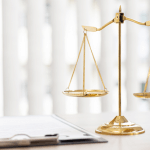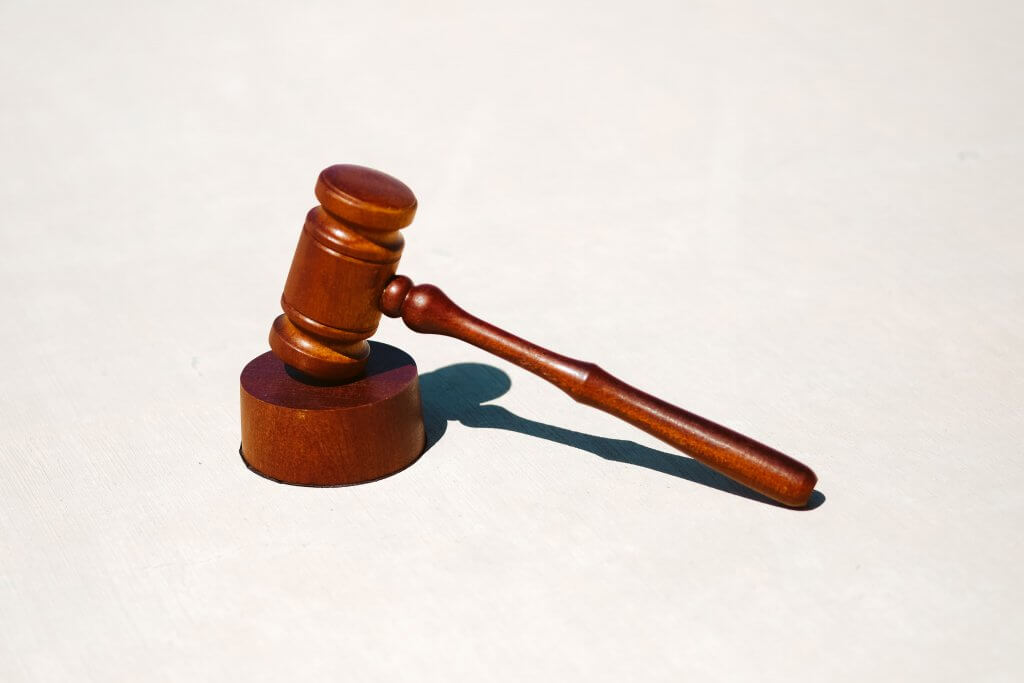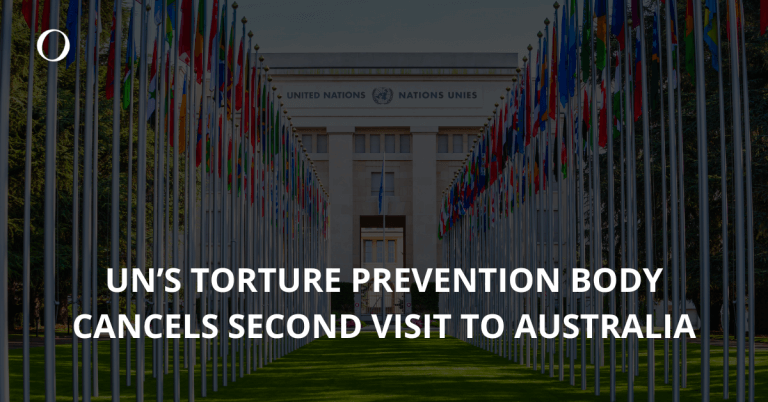The Bruce Lehrmann defamation case has captivated Australia. The high-profile nature of the allegations, the intense media scrutiny, and the ultimate finding that Lehrmann raped Brittany Higgins, despite a criminal trial failing to reach a verdict, have far-reaching implications for victims of sexual assault and the very foundations of defamation law in Australia.
Summary of the Bruce Lehrmann case:
Bruce Lehrmann faced a defamation lawsuit that ultimately exposed his alleged rape of Brittany Higgins in Parliament House. Lehrmann had sought damages from Network Ten and Lisa Wilkinson, claiming they tarnished his reputation by their coverage of the incident. However, Justice Michael Lee’s verdict confirmed Lehrmann’s culpability, emphasizing his indifference to Higgins’ rights and his blatant disregard for consent.
The judgment, following a contentious legal battle initiated by Lehrmann, underscored the seriousness of the allegations and the need for respectful discourse in legal proceedings. Lee’s assessment highlighted Higgins’ significant intoxication and Lehrmann’s persistence despite her condition, concluding that Lehrmann’s actions amounted to rape.
They questioned the credibility of both Lehrmann and Higgins, with Lee expressing skepticism about their testimonies and highlighting inconsistencies in their accounts. Overall, the case shed light on the complexities of assessing evidence in cases of sexual assault and emphasized the imperative of justice and accountability.
Speaking on the case, O’Connell stated:
‘The Bruce Lehrmann case also sends a powerful message as to the importance of a fair and independent media who respect the rule of law to the proper functioning of our society.’
Understanding the Judge’s Perspective in Lehrmann
Justice Michael Lee faced the unenviable task of weighing complex and often inconsistent evidence. A core issue concerned the way victims’ trauma can impact their recollections. Higgins’ testimony on surrounding details shifted, yet the judge acknowledged that this does not automatically discredit the core allegation of sexual assault.
This nuanced analysis strengthens victims’ position in the legal system.
Implications for Victims and Legal Recourse
The Lehrmann case provides some understanding and hope for victims of sexual assault and domestic violence. It signals that courts may take a more empathetic approach when assessing evidence, recognizing the impact trauma can have on memory. This could encourage more victims to come forward and seek justice, knowing that the courts will consider their experiences seriously, even if details of surrounding events are less clear-cut.
Changing Dynamics of Defamation – The Burden of Proof
Traditionally, defamation cases place the burden of proof on the defendant to establish a defence such as ‘substantial truth.’ However, Lehrmann’s case suggests potential change. In cases involving allegations of a sensitive nature, especially those from victims, courts can alter the burden of proof. This is to ensure they do not tarnish the alleged perpetrator’s name by unsubstantiated claims.
Implications for Future Sexual Assault Reporting
The Lehrmann case paves the way for more robust and fearless reporting on sexual assault. It could embolden survivors to speak out, knowing that their voices carry increased weight within the legal system. Journalists and the media at large may feel more confident when reporting allegations from victims, understanding that the courts will consider the context of trauma and the complexities of memory recall.
The Power of Public Scrutiny
The intense public spotlight on the Lehrmann case highlights the power of scrutiny in shaping justice. It underscores the vital role of a free press in holding individuals and institutions accountable. This heightened pressure to uphold ethical standards could positively influence how similar allegations are handled in the future, both within the legal system and beyond.
Navigating Complex Legalities in Lehrmann
Despite a potential empowerment of victims, there are ongoing legal complexities to consider. While the Lehrmann case sets a notable precedent, courts will still need to balance the rights of survivors with the presumption of innocence. Each case will be judged on its own merits, and it remains to be seen how consistently this understanding of trauma will be applied in future decisions.
Additionally, the defamation landscape remains treacherous. Despite this ruling, media outlets will still need to exercise caution when reporting on allegations. The distinction between substantial truth, qualified privilege, and outright falsehoods requires careful legal counsel and rigorous fact-checking.
“I have only to be reasonably satisfied that Mr Lehrmann has acted as I have found, and I am not obliged to reach that degree of certainty necessary to support conviction on a criminal charge.”
The Lehrmann case is central to Australian legal history. It’s a powerful reminder of the complexities surrounding sexual assault allegations, the evolving nature of defamation law, and the importance of upholding both victims’ rights and justice for the accused.

The Lehrmann Case
The Lehrmann case sparks a much-needed conversation about how society responds to sexual assault allegations and how the legal system protects both victims and the fundamental principles of justice. It will undoubtedly have a lasting impact on how defamation cases are approached in Australia.
Help and Advice
If you or someone you know has been the victim of assault or defamation, there are resources available:
- 1800 RESPECT (1800 737 732): National sexual assault, domestic and family violence counselling service.
- National Sexual Abuse and Redress Support Service (1800 211 028).
- Lifeline offers a national number so you can reach a crisis service in your State (13 11 14).
Defamation and Criminal Lawyers
Are you facing defamation allegations or criminal charges? Don’t navigate these complex legal waters alone. At O’Brien Criminal & Civil Solicitors, we specialize in providing expert legal defence for defamation and criminal cases, ensuring that your rights are protected every step of the way.
With years of experience and a proven track record of success, our team of dedicated solicitors are ready to fight for you. Whether you’re dealing with false accusations, libel, slander, or criminal charges, we have the knowledge and expertise to help.
Contact us today to schedule a confidential consultation. Email us at or call us at 02 9261 4281.

Richard Greenwood
-
Richard Greenwood#molongui-disabled-link
-
Richard Greenwood#molongui-disabled-link





